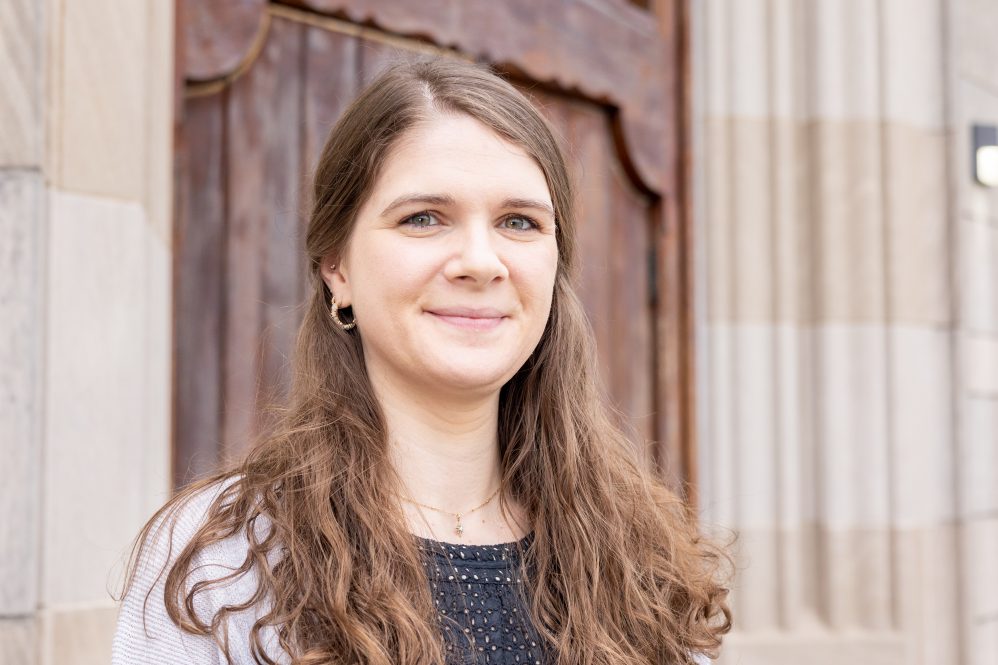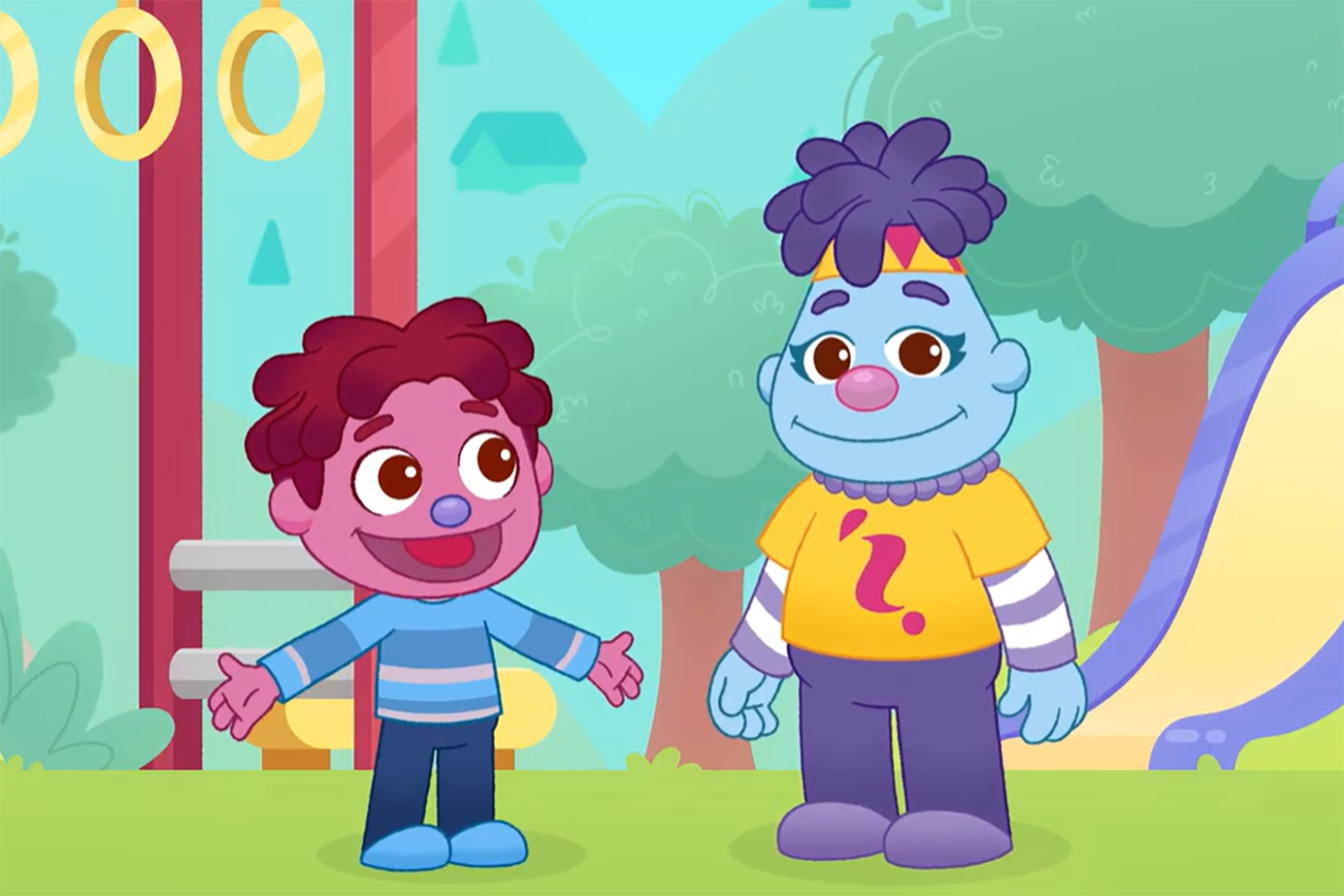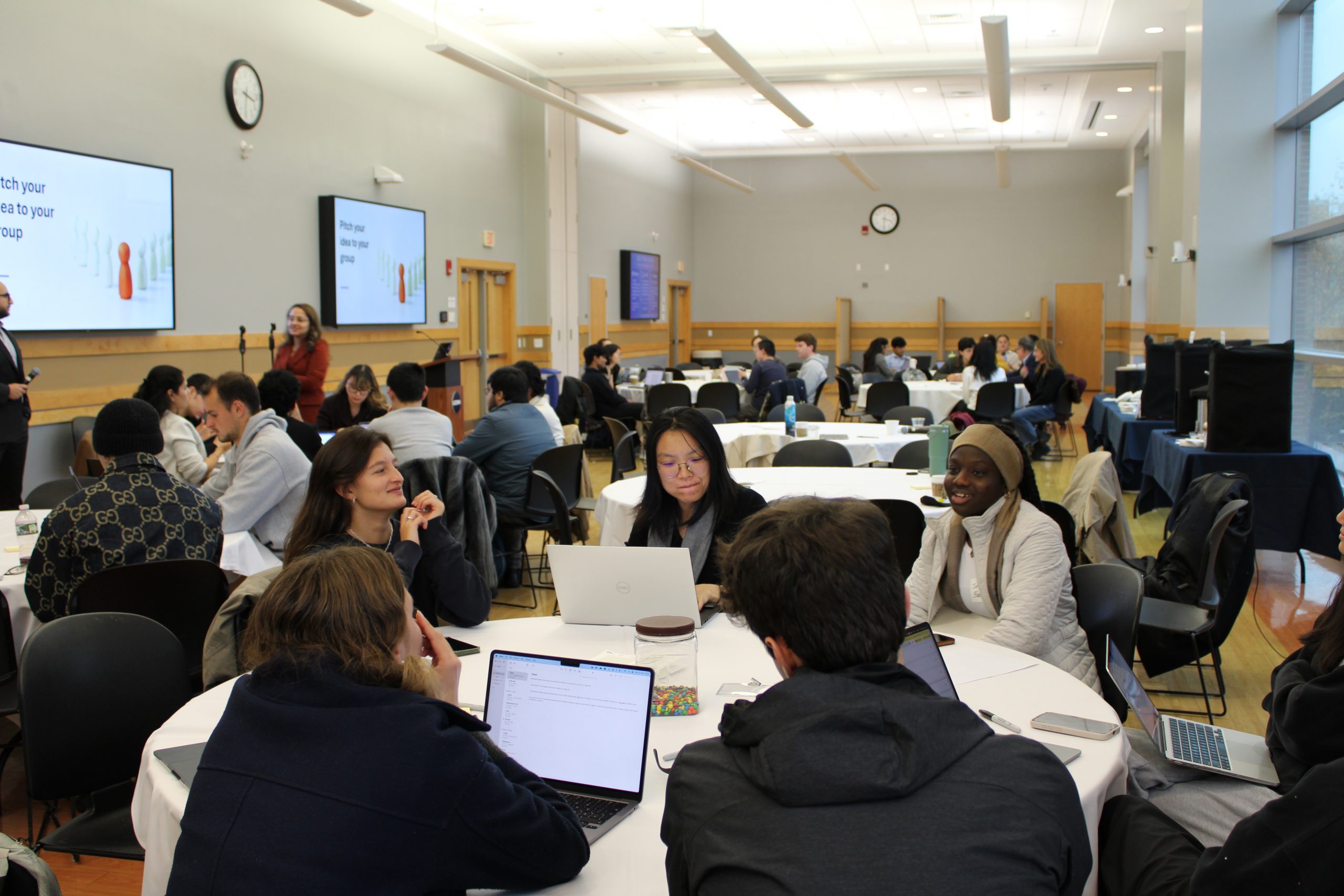UConn’s reputation as an R1 research university made it attractive to Kaleigh Ligus as a place to pursue her doctorate – but it was the faculty members in Human Development and Family Sciences who served as mentors who definitively established that she made the right choice. Whether attending conferences to present research from projects she worked on or just finding a tranquil spot to relax on campus, Lingus made the most of her time at UConn, and will remember the university as an institution that truly listens to students.
Why did you choose to go to UConn?
UConn offered me the rigor of interdisciplinary and individual instruction while also being close to home. I was inspired by a colleague’s pursuit of a Ph.D. and asked her more about the department. I learned that UConn is an R1 institution, and my goal of an alternative academic career would be supported. One of the Department of Human Development and Family Sciences’ (HDFS) focuses is on improving the health and well-being of older adults. Working with my advisor on researching cancer survivor’s well-being has helped me hone skills in chronic disease research.
What drew you to your field of study?
I chose HDFS because of my passion for aging. The field of HDFS recognizes the lifespan perspective and interconnection of individual, social, and political influences on aging. By exploring interdisciplinary connections and working with other fields, such as psychology, sociology, and public health, I have been exposed to a wide range of perspectives which have strengthened my understanding of the aging process.
Did you have a favorite professor or class?
My favorite course was a special topics course: Aging, Public Health and Health Care in the Department of Public Health Sciences at UConn Health. This course was co-taught by two of my favorite gerontologists, Professors Julie Robison and Rick Fortinsky. Using a small class format, myself and the other students dived deep into issues of demography, social policy, and public health practices supporting our aging population.
What activities were you involved in as a student?
As a student, I attended many national conferences both online and in person. I was able to showcase research using data from projects that I’ve been involved in, from program evaluation to cancer survivors’ health outcomes.
What’s one thing that surprised you about UConn?
UConn really listens to all students. I was thoroughly impressed by the response and action during COVID-19 lockdowns and the slow transition back to a new normal.
What are your plans after graduation?
I am currently pursuing a career in health services research at research firms and think tanks. I hope to find a place where I can contribute to public health by researching how we can improve health care infrastructure down to understanding individual health behaviors.
How has UConn prepared you for the next chapter in life?
As a Ph.D. student, I have had incredible mentors who have provided me with a vast array of experiences which have challenged me and prepared me to work in the field of health services research. My mentors have been supportive of my career and provided me with networking and research opportunities that are attractive to potential employers.
Any advice for incoming students?
If you come across an interesting opportunity, apply for it! You never know what could happen and how your network could grow.
What’s one thing everyone should do during their time at UConn?
Explore the Storrs campus! I found that the calm and tranquil surroundings really helped me during my studies.
What will always make you think of UConn?
Seeing a husky, or even just the name, Jonathan.
How has being a student in the College of Liberal Arts and Sciences impacted your UConn experience?
Within CLAS, there is respect between departments and working outside of your home department is encouraged. This allows students to broaden their horizons and learn from other disciplines. As our world becomes more interconnected, CLAS recognizes how we can learn from one another’s diverse knowledge and experience.



